Here Are All of the Indictments, Guilty Pleas and Convictions From Robert Mueller's Investigation

Since his appointment in May of 2017, Special Counsel Robert Mueller racked up a lengthy record of court wins, but none of them answered some of the central questions the public had about his investigation.
Along with a team of experienced prosecutors and attorneys, the former FBI director has indicted, convicted or gotten guilty pleas from 34 people and three companies, including top advisers to President Donald Trump, Russian spies and hackers with ties to the Kremlin. The charges range from interfering with the 2016 election and hacking emails to lying to investigators and tampering with witnesses.
But Mueller did not charge anyone on one of the biggest questions he faced: whether the Trump campaign worked with the Russians to influence the election. (He may also have been looking into whether the Trump Administration obstructed justice during the investigation.)
After sending a report to Attorney General William Barr, Mueller is not going to pursue any further indictments, according to the Associated Press.
However, he has already referred several cases to career prosecutors in the Justice Department, and may have made other referrals that have not become public yet, though they would not focus on the central parts of his investigation.
According to Barr’s letter to Congress, there were no cases where Mueller wanted to bring charges against someone but was overruled by the Justice Department.
At least one person was unlikely to face charges from Mueller from the start: President Donald Trump. Two memos from the Office of Legal Counsel in the Department of Justice, written during the Nixon and Clinton impeachments take the view that a sitting president is immune from prosecution. (Some argue the memos are wrong about the underlying constitutional issue, but Mueller is unlikely to break with tradition.)
Here’s an overview of all the indictments, guilty pleas and convictions resulting from Mueller’s investigation.
The Key Players
Russian troll farm: Charged with distributing Russian propaganda
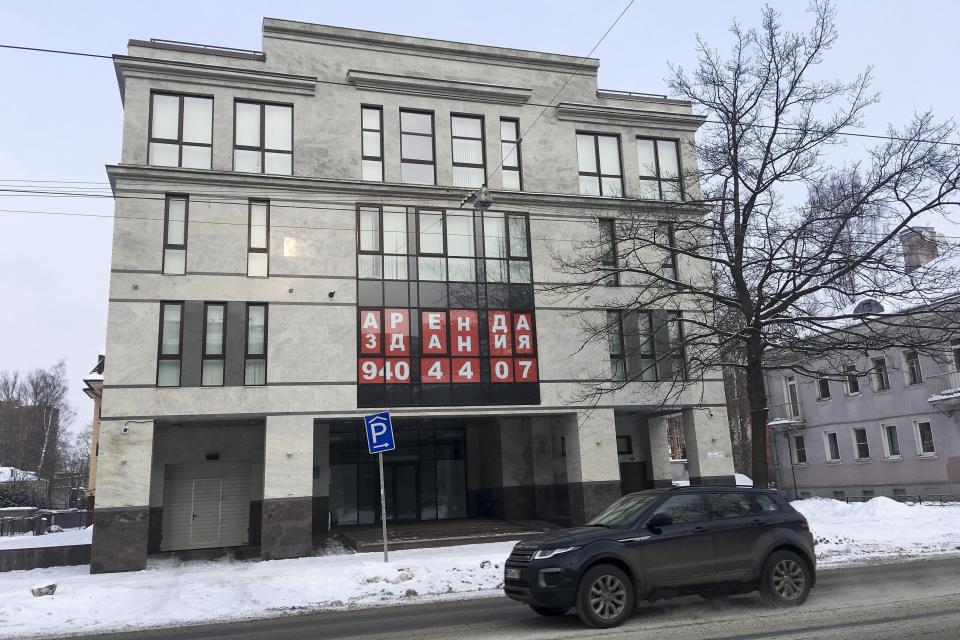
Mueller’s most sweeping charges are unlikely to lead to any convictions. In 2018, he charged the Internet Research Agency, a Russian troll farm, with meddling in the 2016 election. In an unusually detailed 37-page indictment, he spelled out how the Russians allegedly tricked Americans into following fake social media accounts filled with pro-Trump and anti-Clinton propaganda. The indictment also named two shell companies and 13 Russian nationals, including Yevgeniy Prigozhin, who has been nicknamed “Putin’s chef” for his ties to the Russian president. It’s unlikely that any of the Russians will ever face a trial in the United States, but the charges make it harder for them to travel overseas.
Russian spies: Charged with stealing Democratic emails
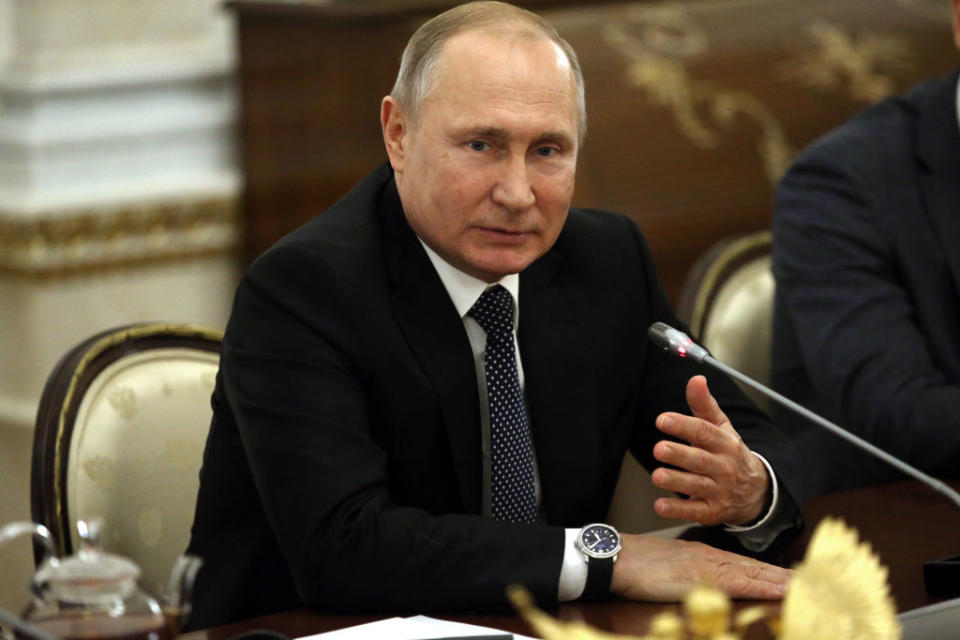
Mueller’s second big set of charges was of 12 Russian military intelligence officers. The similarly detailed 29-page indictment explains how the hackers allegedly used phishing attacks to steal files from the Democratic National Committee and the Clinton presidential campaign, then worked with WikiLeaks to distribute the information to damage Clinton’s candidacy in an effort to help Trump win. It also explains how cryptocurrency was allegedly used to pay for the effort, as well as other attempts to penetrate state elections websites. These charges are also unlikely to ever lead to a trial in the United States.
Trump campaign chairman Paul Manafort: Sentenced to seven and a half years in prison for financial crimes
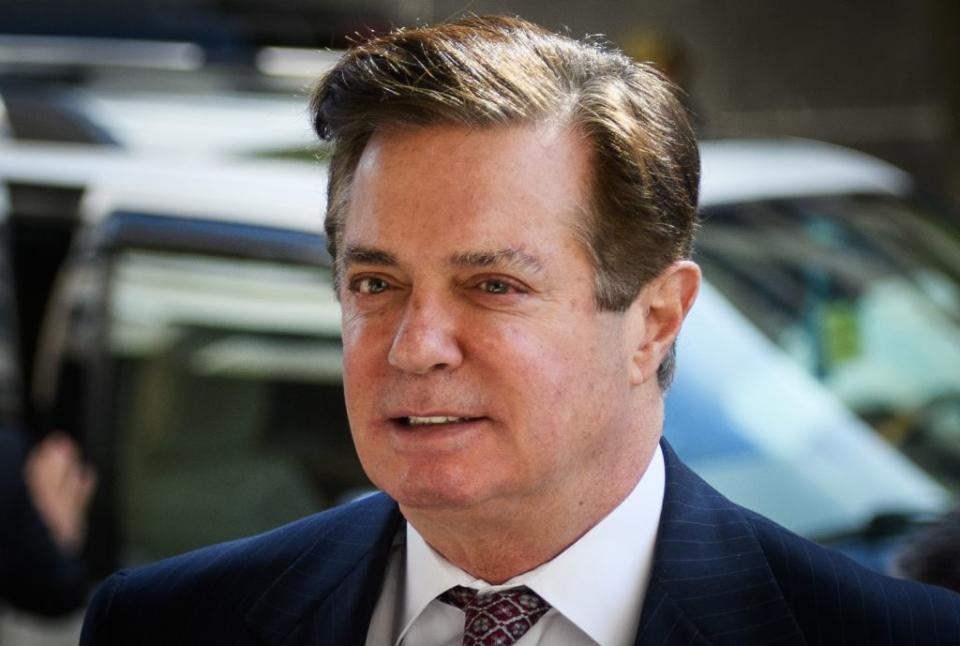
If there are direct connections between the Russian efforts and the Trump campaign, one potential contact might have been campaign chairman Paul Manafort. A longtime Republican consultant, Manafort worked overseas in recent years, including for a pro-Russia political party in Ukraine. Mueller charged Manafort with hiding tens of millions of dollars he earned for that work and lying to banks to get loans. In August, a jury in Virginia found Manafort guilty on eight counts. (It was unable to reach a verdict on 10 other counts.) Manafort then pleaded guilty on related charges in a D.C. court and began cooperating with Mueller. However, prosecutors later said he breached their agreement by lying to them, and Manafort was sentenced to a total of seven and a half years in prison.
Konstantin Kilimnik: Charged with obstruction of justice
On the other side, a possible point of contact might be Konstantin Kilimnik, who the FBI believes has ties to Russian intelligence. A former employee of Manafort’s firm, Kilimnik was sometimes described as “Manafort’s Manafort,” while Manafort reportedly called him “my Russian brain.” A poorly redacted court filing from Mueller’s team inadvertently revealed that Manafort gave Kilimnik detailed polling information during the campaign and discussed a Ukrainian peace plan, then lied about both to Mueller, even when he was supposedly cooperating. Mueller charged Kilimnik with conspiracy to obstruct justice and obstruction of justice for allegedly attempting witness tampering during the Manafort investigation.
Trump confidant Roger Stone: Charged with lying to Congress
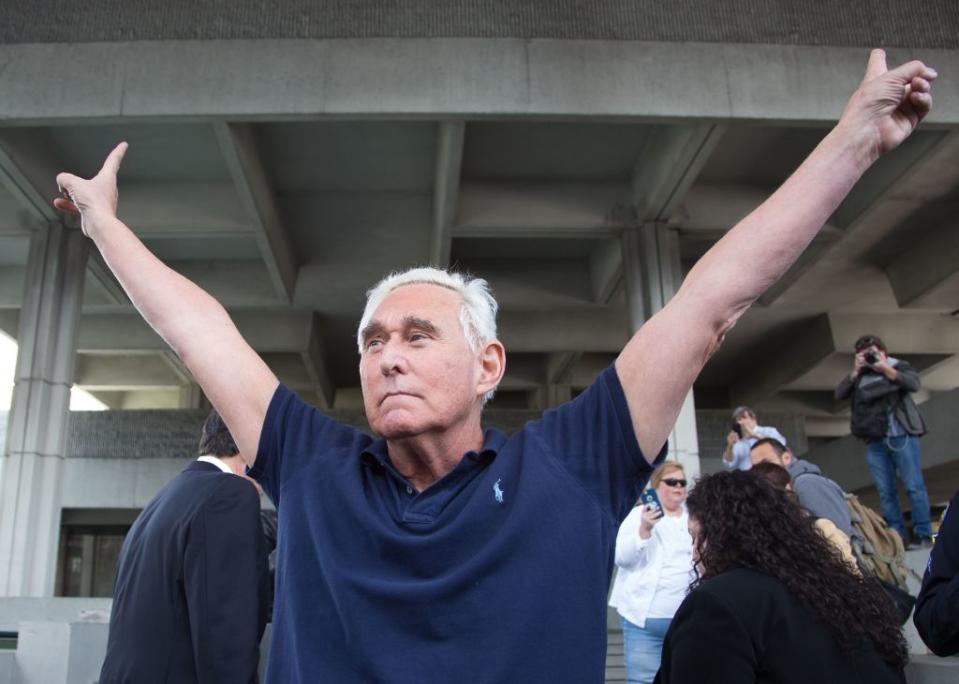
Another possible point of contact between the Trump campaign and the Russian efforts is longtime Trump confidant Roger Stone. Mueller charged him with lying to the House Intelligence Committee in 2017 about his contacts with WikiLeaks and tampering with a key witness who could discredit his version of events. The indictment does not say what Mueller knows about Stone’s contacts or how they relate to WikiLeaks’ release of Clinton emails; for now, it raises as many questions as it answers. Stone has pleaded not guilty, and a trial is set for November.
The Cooperators
Former National Security Advisor Michael Flynn: Pleaded guilty to lying to investigators
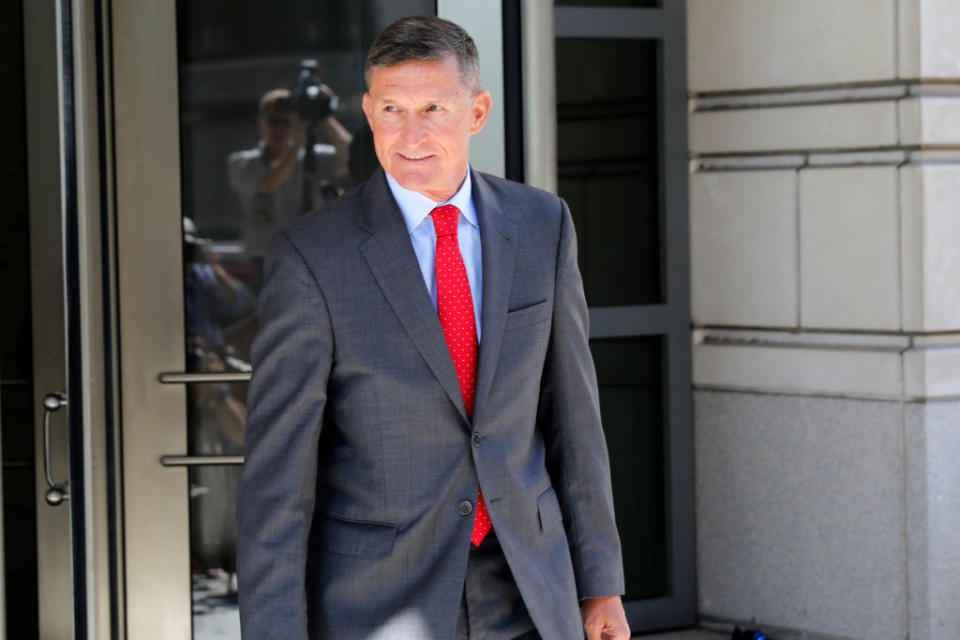
As a foreign policy adviser on the Trump campaign, a member of the presidential transition and the first National Security Adviser in the Trump Administration, Michael Flynn had valuable insight into key moments in the investigation. In 2017 he pleaded guilty to lying to the FBI about conversations with then Russian ambassador Sergey Kislyak and agreed to cooperate with the investigation. A year later, he asked a federal judge to delay his sentencing so that he could have more of an opportunity to assist the probes. Mueller’s team asked for him to receive little to no jail time, a sign that they viewed his cooperation as helpful.
Former Trump campaign aide Rick Gates: Pleaded guilty to lying to investigators
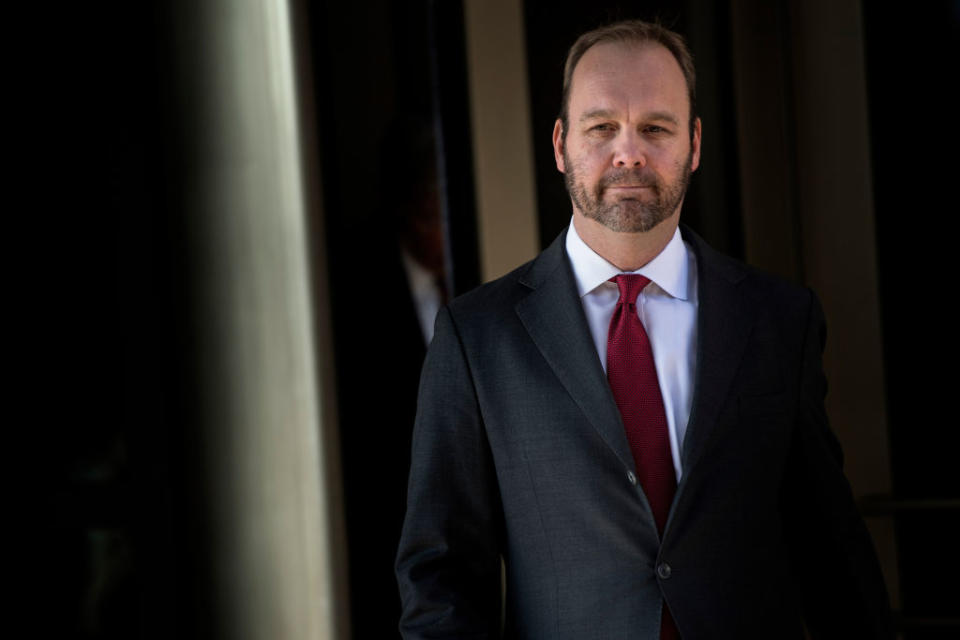
Another valuable source of information for Mueller was Rick Gates, Manafort’s longtime business partner, a top aide on the Trump campaign and deputy chairman of the presidential inauguration committee. Facing up to six years in prison, Gates pleaded guilty in 2018 to lying to investigators and conspiring to commit other offenses. He agreed to cooperate with Mueller’s investigation. Earlier this month, prosecutors asked for the fifth time that his sentencing be delayed, citing his continued cooperation in “several ongoing investigations.”
Former Trump personal lawyer Michael Cohen: Pleaded guilty to tax and bank charges, campaign finance violations and lying to Congress
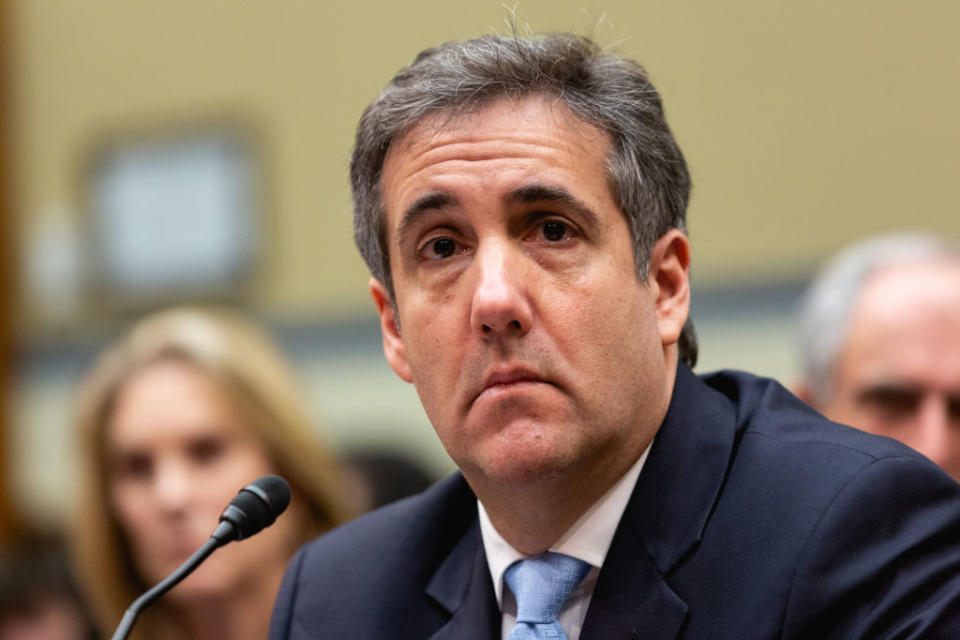
As Donald Trump’s longtime personal lawyer, Michael Cohen had insight into Trump’s business and political efforts, including paying porn star Stormy Daniels to keep quiet about an alleged affair with Trump. Since it was not related to his main targets, Mueller handed the investigation into Cohen to the Southern District of New York. Cohen pleaded guilty to various financial crimes related to his taxi medallion business and other personal matters, as well as a campaign-finance violation for the hush-money payments. (Trump, who was named in the charges as Individual 1, is considered by some to be an unindicted co-conspirator in this case and could face charges when he’s out of office. He has denied any campaign finance violation.) Cohen also pleaded guilty to lying to Congress about his work on the Trump Tower Moscow project during the campaign and agreed to cooperate with Mueller’s investigation.
Former Trump campaign adviser George Papadopoulos: Served 12 days in prison for lying to investigators
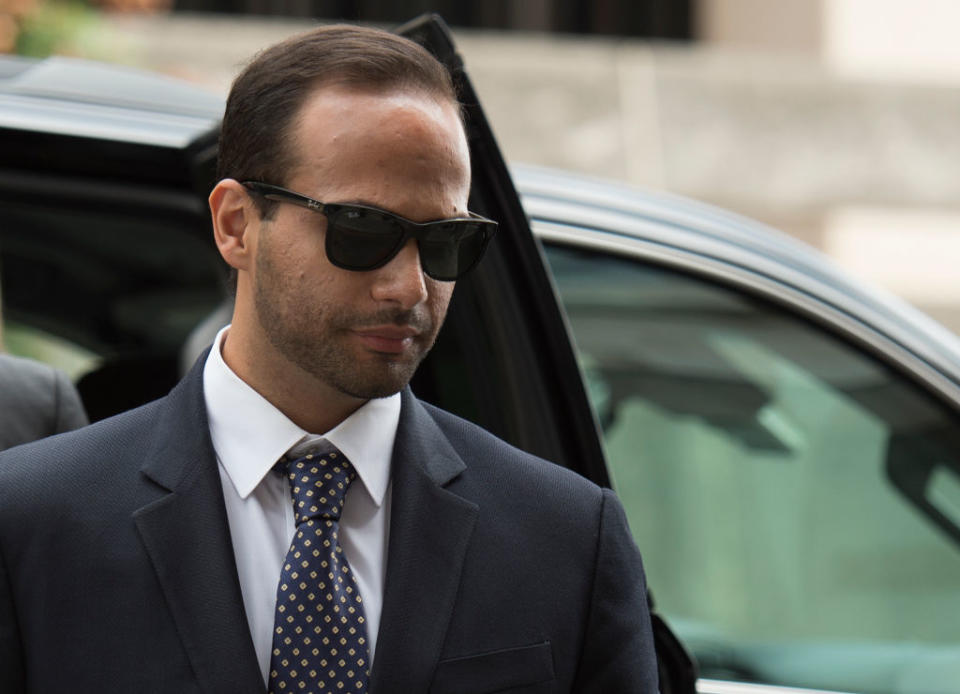
Although he was a minor figure in the Trump campaign, George Papadopoulos played a key role in launching the FBI investigation into ties between the Trump campaign and Russia that predated Mueller’s appointment. After he told an Australian diplomat in a bar that the Russians might have damaging information on Clinton, the diplomat passed the information to the FBI. When prosecutors first approached him in January of 2017, Papadopoulos repeatedly lied about his contacts with Russian agents. He pleaded guilty to lying to investigators and was sentenced to 14 days in prison, a year of probation and a $9,500 fine. He was released from a minimum-security facility after 12 days with credit for time spent in jail after being indicted.
The Minor Figures
Alex van der Zwaan: Served 30 days in prison for lying to investigators
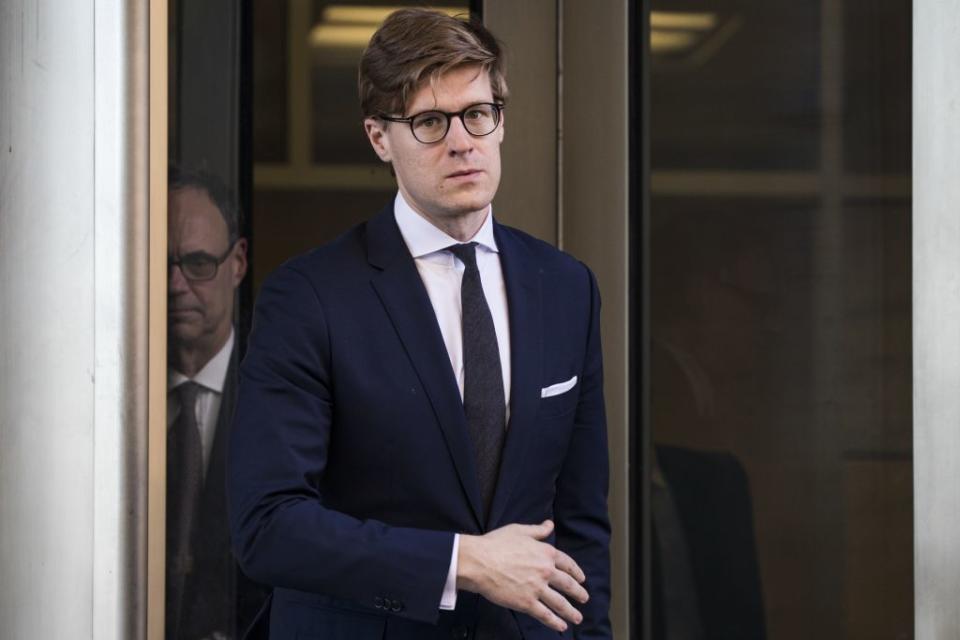
Dutch attorney Alex van der Zwaan pleaded guilty to lying to the FBI about contacts with Rick Gates and an unnamed person in Ukraine. He served 30 days in jail and was deported from the United States.
Richard Pinedo: Sentenced to six months in prison for identity theft
A California man who ran a website selling dummy bank accounts to eBay and Facebook, Richard Pinedo pleaded guilty to identity theft as part of the investigation into Russian hackers. He was sentenced to six months in prison and six months of home detention.
Sam Patten: Pleaded guilty to failing to register as a foreign lobbyist
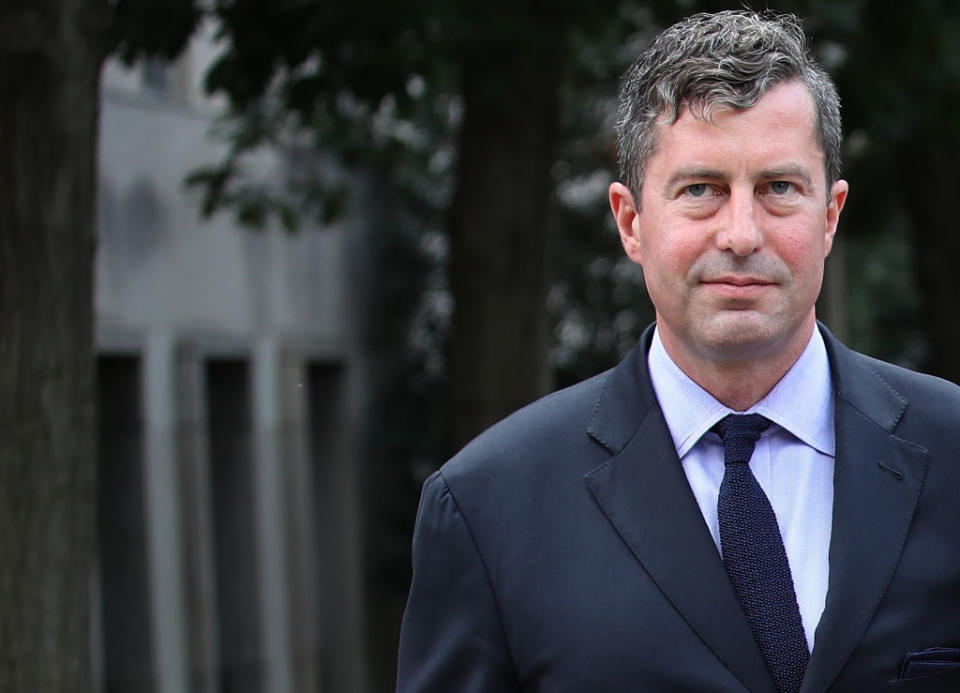
After investigating Republican lobbyist Sam Patten, Mueller’s team handed the case to career prosecutors in the U.S. Attorney’s office in D.C. There, he pleaded guilty to failing to register as a lobbyist for Ukrainian clients while working with Kilimnik, helping a client get around restrictions on foreign donations in order to get tickets to Trump’s inauguration, and misleading congressional investigators.
Bijan Kian and Skim Alptekin: Charged with conspiring to violate lobbying laws
Mueller’s team referred Bijan Kian and Skim Alptekin, two former associates of Flynn, Trump’s national security advisor, to federal prosecutors in Virginia, who charged them with conspiracy to violate federal lobbying rules for their work on behalf of a Turkish campaign to expel a rival of President Recep Tayyip Erdogan. Alptekin was also charged with lying to investigators.
Gregory Craig, Vin Weber and Tony Podesta: Referred to New York prosecutors
Mueller’s team also referred three high-powered Washington insiders to federal prosecutors in New York for investigations into violations of foreign lobbying laws: former Obama Administration White House Counsel Gregory Craig, former Republican Rep. Vin Weber of Minnesota, and Tony Podesta, brother of Clinton’s 2016 campaign manager. They have not been charged with any crimes.

